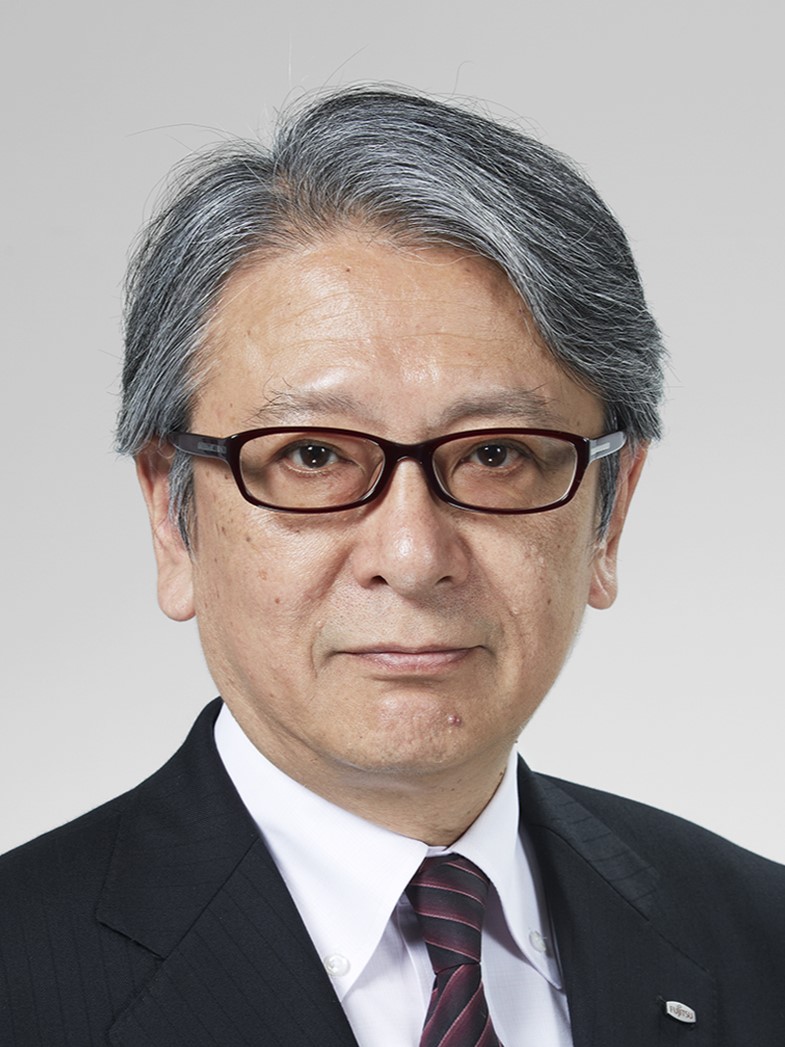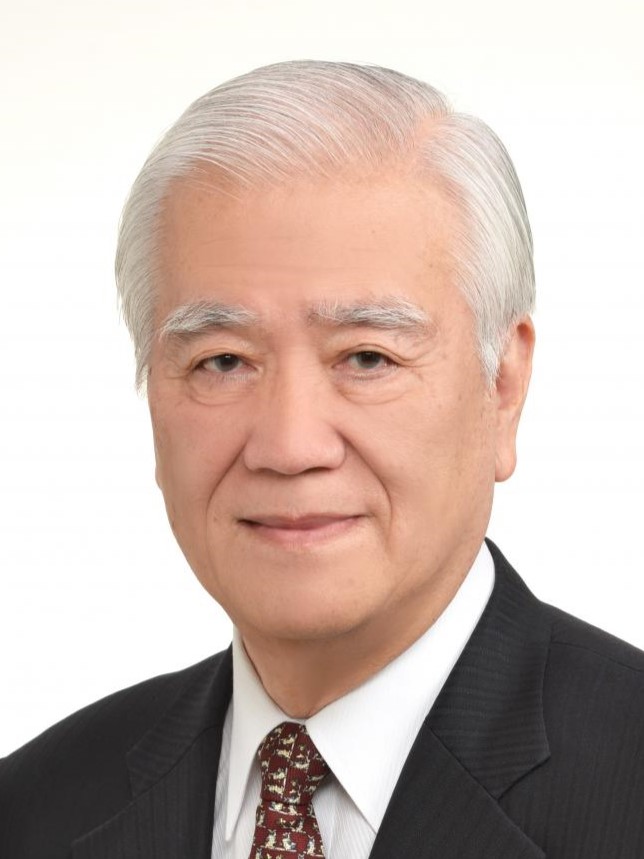May 29th, 2025
【1st Event of IIMA's 30th Anniversary Program】
Outlook for Japan's Monetary Policy:
Exploring the Path to Financial Normalization and the Future of the Yen
IIMA held the first of twelve events in its 30th Anniversary Program "The Turbulent Global Situation and the Future of the Japanese Economy and the Yen," a webinar titled "Outlook for Japan's Monetary Policy: Exploring the path to Financial Normalization and the Future of Yen."
While many central banks are cutting interest rates, the Bank of Japan (BOJ) began a gradual normalization of monetary policy in March 2024 by lifting negative interest rates and raising the policy interest rate to 0.5%, its highest level in 17 years. Meanwhile, in the U.S., concerns about stagflation are growing amid expectations that the Trump administration's policies, including mutual tariffs, will push up prices and dampen the economy, forcing the Federal Reserve to take difficult decisions on monetary policy. In addition, against the backdrop of uncertainty surrounding the global economy, volatility in international financial markets, including exchange rates, is expected to remain high.
In this webinar, we invited renowned experts to discuss how to respond to the risks of sudden economic changes and significant fluctuations in exchange rates as the BOJ's efforts toward financial normalization reach a critical juncture, as well as the appropriate direction and options for maintaining price stability and the value of the yen over the medium to long term, together with the outlook for U.S. monetary policy.
In the panelists’ presentations, Mr. Hayakawa discussed the achievements and limitations of the Bank of Japan’s “Quantitative and Qualitative Monetary Easing” since 2013. He also addressed macroeconomic changes amid overcoming deflation against the backdrop of global inflation, the current management of the Bank of Japan’s policies, and the impact of transitioning to a world with positive interest rates on companies, households, financial institutions, and fiscal policy. Additionally, Mr. Watanabe explained Japan’s approximately 30 years of chronic deflation under globalization and its resolution. He highlighted the shift toward a healthy cycle of prices and wages in Japan amid de-globalization, and the government’s fiscal gains from the transition to inflation and their utilization. During the panel discussion, there was an active debate on topics such as the sustainability of wage increases, trends in prices and exchange rates between Japan and the United States influenced by Trump’s tariffs, the outlook for monetary policy, the impact of China’s ‘deflation exports’ on Japan, and the competitiveness of Japan’s service industry.
| Date & Time | Thursday, May 29, 2025, 14:00-15:30 (JST) 13:00-14:30 (SGT) |
|---|---|
| Host | Institute for International Monetary Affairs (IIMA) |
| Progress | Panelist Presentations and Panel Discussion |
| Event Style | Virtual Event via Zoom |
| Video (Japanese Only) |
Click Here |
Panelists (in speaking order)
Hideo Hayakawa Presentation Slides
Executive Advisor of Fujitsu, Former Executive Director of the Bank of Japan

Hideo Hayakawa graduated from the Economics Department of the University of Tokyo in 1977, and received M.A. in economics from the Graduate School of Princeton University in 1985. He joined the Bank of Japan in 1977, and served as an Executive Director in 2009-2013. During his career at the Bank of Japan, Mr. Hayakawa assumed many research related positions at Research and Statistics Department as well as Institute for Monetary and Economic Studies, including Director General of Research and Statistics Department in 2001-2007.
Tsutomu Watanabe Presentation Slides
Principal Founder of Nowcast Inc., Professor Emeritus of Economics, University of Tokyo

Tsutomu Watanabe received his Ph.D. in economics from Harvard University in 1992 and did his undergraduate work at The University of Tokyo. Watanabe’s main research area is monetary policy and inflation dynamics. He is the author of many books and more than 70 academic journal articles on monetary policy, inflation dynamics, and international finance. In addition, he has developed the Nikkei-UTokyo Daily Price Index® with Kota Watanabe.
Moderator
Hiroshi Watanabe
President, Institute for International Monetary Affairs (IIMA)

Hiroshi Watanabe after graduating from the University of Tokyo joined the Ministry of Finance, Japan (MOF) in 1972. Before retiring as Vice Minister of Finance for International Affairs in 2007, he occupied various senior positions at the MOF. He later took high positions in Japan Finance Corporation before his appointment as the President of the Japan Bank of International Coopertion (JBIC) in 2013. Since October 2016 he has been the President of the IIMA.
